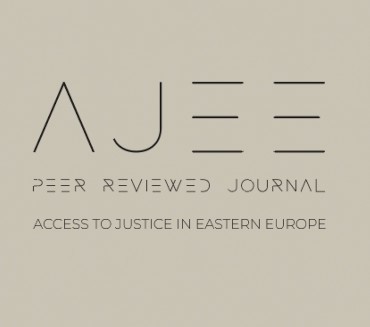1. Introduction. – 2. Legal framework. – 2.1. The New York Convention. – 2.2. Regional Conventions. – 2.3. The Law on International Commercial Arbitration. – 2.4. Economic Procedure Code. – 3. Enforcement of foreign arbitral awards. – 3.1. International Standards. – 3.2. Applications. – 3.3. Grounds for Refusal. – 3.4. Public Order. – 3.5. Enforcement Procedure. – 3.6. A Domestic Arbitral Award?. – 3.7. Challenge of the Award. – 4. Case Analysis – 4.1. Case Statistics. – 4.2. Appealed Cases to the Supreme Court. – 4.3. Rejected Cases. – 4.4. Returned Cases. – 4.5. Partial Enforcement. – 5. Conclusion.
Background: The recognition and enforcement of foreign arbitral awards reflect the business climate of a given country. Foreign investors and businesses closely monitor whether these processes align with established international standards, as they may affect their business. The business community prioritises effective dispute resolution and enforcement procedures. Thus, for Uzbekistan, addressing this matter is important not only to improve its business climate and attract foreign investment but also, from a wider perspective, to ensure access to justice.
Methods:
This research is based on primary data collected from court decisions on the recognition and enforcement of foreign arbitral awards in Uzbekistan. It employs both qualitative and quantitative research methods. These decisions are then subjected to legal review and analysis to assess their compliance with international standards, utilising a comparative legal research approach. The research is also underpinned by relevant legal scholarship and international case law.
Results and conclusions:
An analysis of Uzbek court decisions on the recognition and enforcement of foreign arbitral awards from December 2018 until June 2024 has led to key findings and conclusions. While minor oversights were observed at the first-instance court level, economic courts followed the international standards of a pro-enforcement approach and narrow interpretation of the grounds for refusal of the applications for recognition and enforcement. In most cases, the Supreme Court of Uzbekistan demonstrated a commitment to aligning with best international practices in this area. Additionally, economic courts interpret public policy narrowly, which is in line with international standards.

